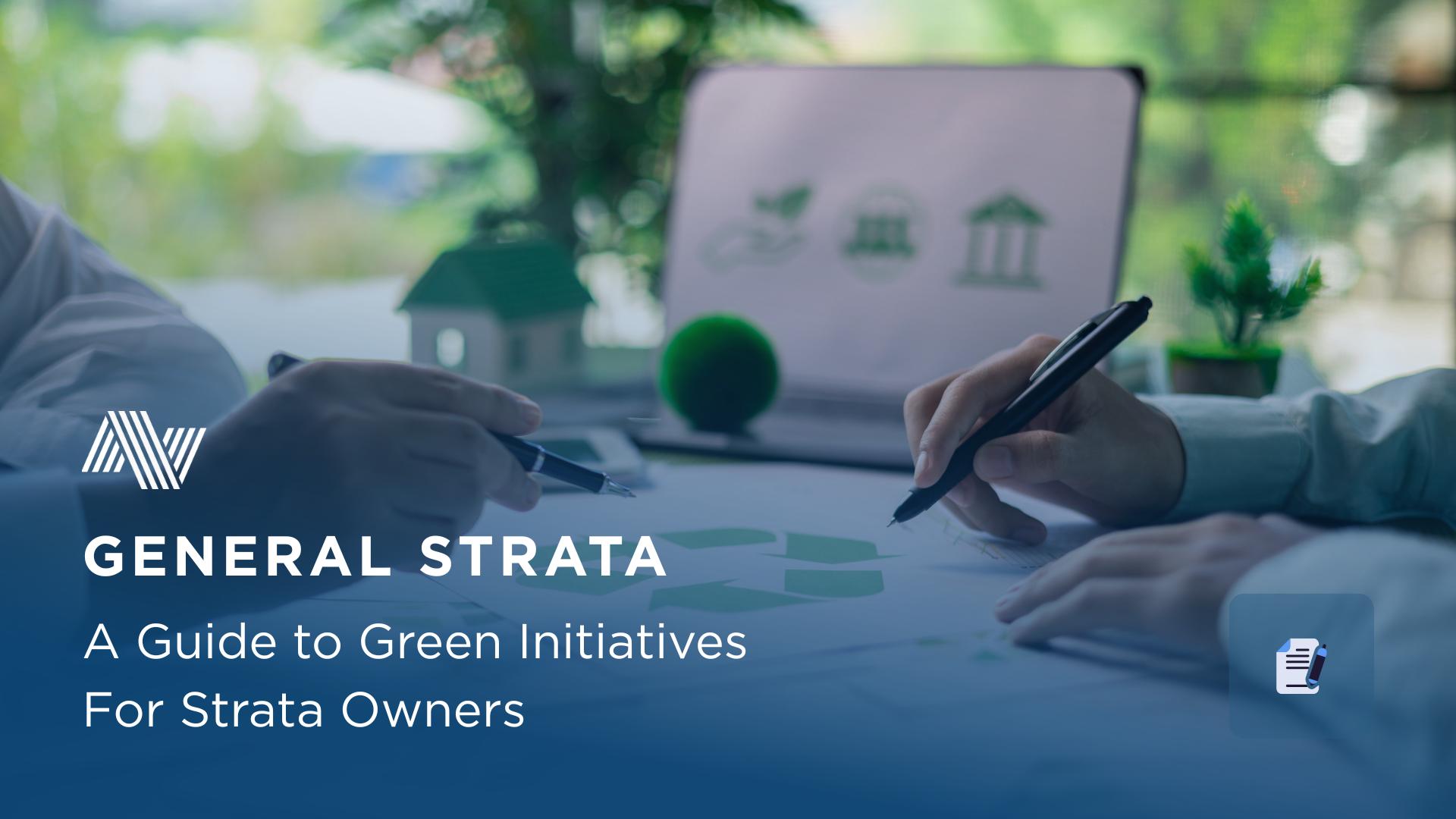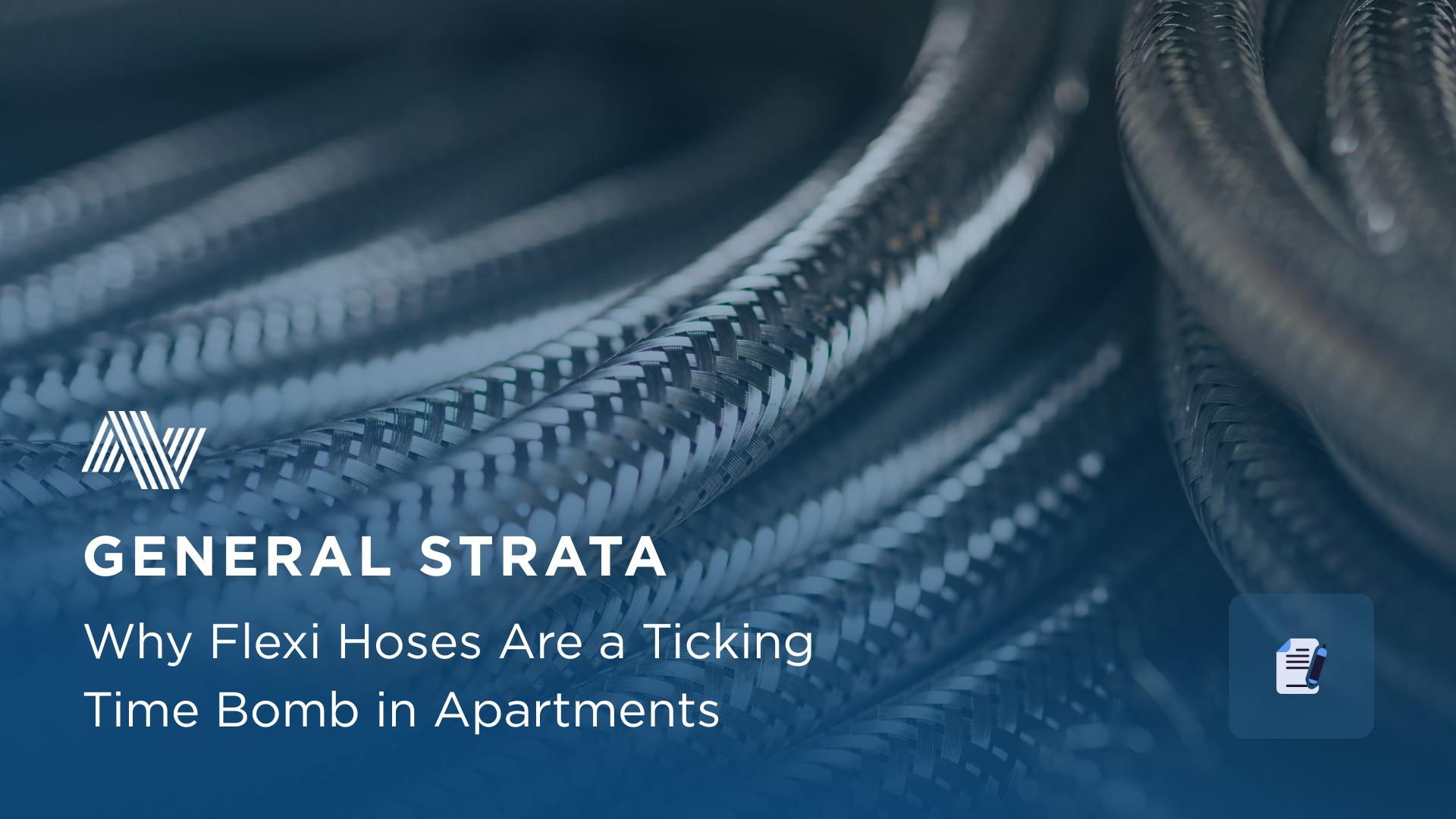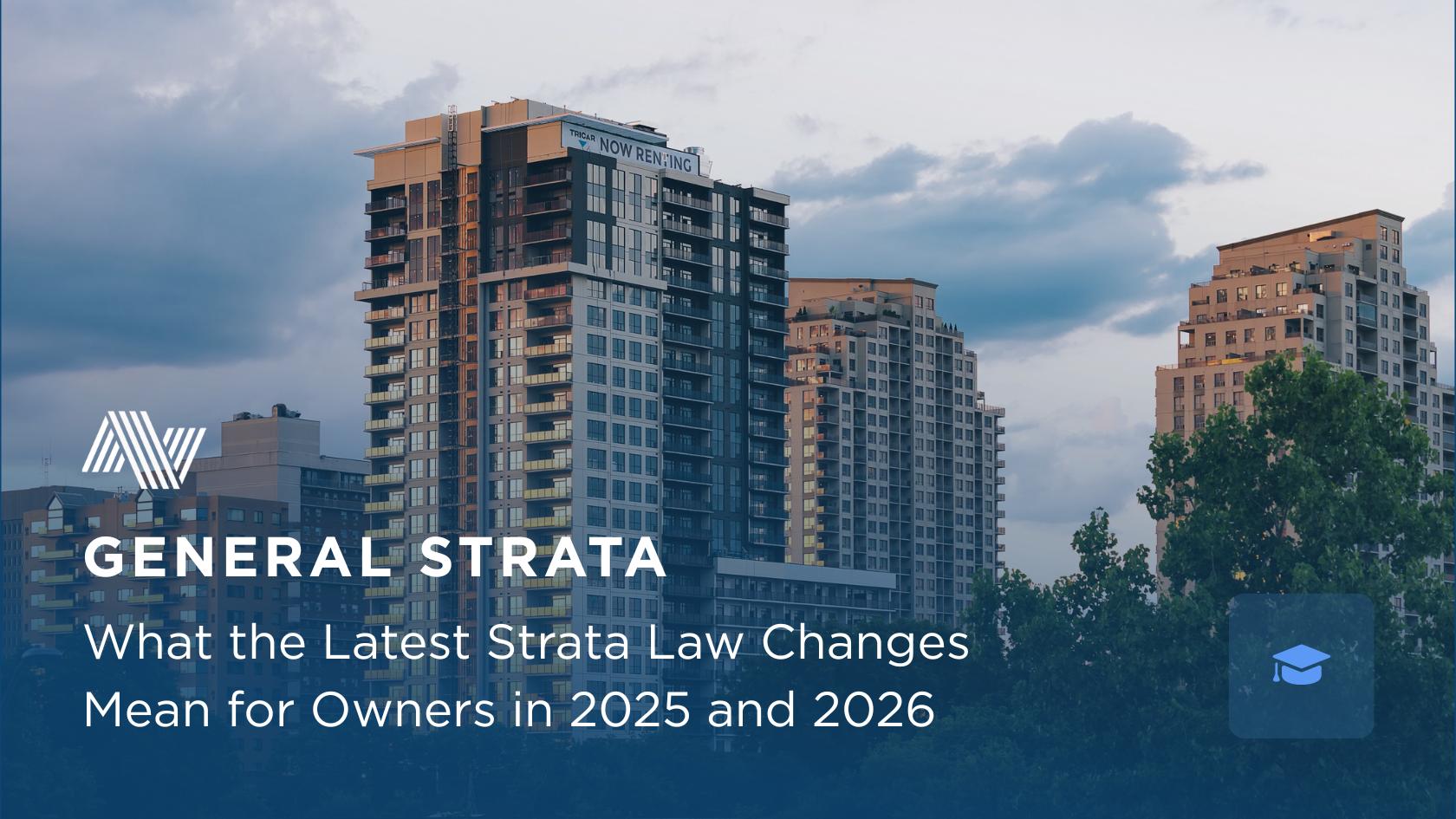Financial Management: Levies, Funds, and Budgeting
Note: This article is intended as a general guide only, and should not be taken as legal or professional advice. It’s essential to consult with a qualified professional or seek advice from your managing agent if you have specific questions or concerns about strata living.


The One-Minute Guide to Strata Finances
If you only read one section, here are the essentials:
What it is – The financial system that keeps a strata running.
Who pays – Owners contribute through regular and special levies.
Where it goes – Into the administrative fund and capital works fund.
How it works – Budgets and long-term planning keep finances on track.
Why it matters – Protects property value, ensures fairness, and meets NSW law.
Behind every well-maintained strata building is careful financial management. From paying insurance premiums to funding major repairs, the Owners Corporation (OC) relies on contributions from lot owners to keep the scheme operating smoothly.
In NSW, strata law requires schemes to establish and maintain funds, prepare budgets, and levy owners to meet expenses. Understanding how these elements fit together – levies, funds, and budgeting – is critical for owners, Committee members, and prospective buyers alike.
This article covers the three pillars of financial management in strata:
- Levies – how owners contribute to shared expenses.
- Funds – how money is allocated and managed.
- Budgeting – how schemes plan for both the short and long term.
Levies: Funding the Scheme’s Expenses
Levies are payments made by lot owners to fund the OC’s expenses. These contributions are set at general meetings and are legally enforceable.
There are two main types:
- Annual (regular) levies – cover predictable, ongoing costs such as cleaning, gardening, insurance, and administration.
- Special levies – raised when additional funds are needed, typically for unexpected or one-time expenses, such as emergency repairs.
Who Needs to Know This?
- Lot Owners – Essential: levies are your financial responsibility and affect your property’s running costs.
- Committee Members – Critical: must set fair levies and ensure they are collected.
- Strata Managers – Essential: usually calculate, issue, and track levy payments.
- Tenants – Helpful: while not directly paying, levies fund services that impact daily living.
- Prospective Buyers – Useful: levy history reveals how well a scheme is financed.
TL;DR: Levies are owner contributions that fund day-to-day and unexpected expenses of the scheme.
Read more: Owners Corporation: Understanding the Central Legal Entity.
Funds: Managing Expenses and Capital Works
The OC must maintain specific funds to cover different categories of expenses. These ensure that the scheme is prepared for both routine costs and major projects.
Key funds include:
- Administrative fund – covers recurring expenses such as utilities, cleaning, insurance, and day-to-day maintenance.
- Capital works fund – finances major repairs, replacements, and long-term upgrades (previously called the sinking fund).
Note: Insurance is a major cost but is paid from the administrative fund, not a separate legislated fund.
Who Needs to Know This?
- Lot Owners – Essential: your contributions are divided between these funds.
- Committee Members – Critical: responsible for approving and allocating expenditure.
- Strata Managers – Essential: often administer the funds and provide financial reporting.
- Tenants – Helpful: funds directly impact building quality and safety.
- Prospective Buyers – Useful: healthy fund balances indicate strong governance.
TL;DR: NSW law requires an administrative fund and a capital works fund – together they ensure both everyday expenses and major works are properly financed.
Read more: Strata Committee: Roles and Responsibilities.
Budgeting: Planning for the Future
Good financial management depends on accurate planning. Strata schemes must prepare both short-term budgets and long-term funding plans.
These usually include:
- Annual budgets – forecast income and expenses for the coming year, set at the AGM.
- 10-year capital works plans – required for all NSW strata schemes, these outline future repair and replacement needs, with cost estimates and funding strategies.
Who Needs to Know This?
- Lot Owners – Essential: budgets determine your levies and whether major works can be funded.
- Committee Members – Critical: responsible for reviewing and adopting budgets.
- Strata Managers – Essential: usually prepare and present financial plans.
- Tenants – Helpful: adequate budgeting ensures well-maintained facilities.
- Prospective Buyers – Valuable: sound budgets prevent sudden levy spikes.
TL;DR: Budgets and long-term plans ensure there is enough money to meet ongoing expenses and future capital works.
Why Financial Management Matters
Effective financial management is the foundation of a well-run strata scheme. A sound system ensures:
- Expenses are covered without last-minute levy spikes.
- Buildings are properly maintained and insured.
- Owners avoid financial disputes and arrears.
- Buyers have confidence in the scheme’s stability.
TL;DR: Strong financial management protects property value, ensures fairness, and avoids costly surprises.
Read more: Owners Corporation: Understanding the Central Legal Entity.
Common Pitfalls in Strata Finances
Poor financial management can quickly undermine a scheme. Common issues include:
- Setting levies too low – leads to budget shortfalls and sudden levy spikes.
- Delaying capital works – escalates repair costs and can create safety risks.
- Over-reliance on special levies – burdens owners with unexpected bills.
- Failure to pursue unpaid levies – increases financial pressure on other owners.
- Lack of transparency in reporting – undermines trust and creates disputes.
Read more: Strata Committee: Roles and Responsibilities.
Important: If you have concerns about your scheme’s finances, speak with your strata manager or a licensed strata professional. For full details, consult the Strata Schemes Management Act 2015 (NSW).
Related Files











